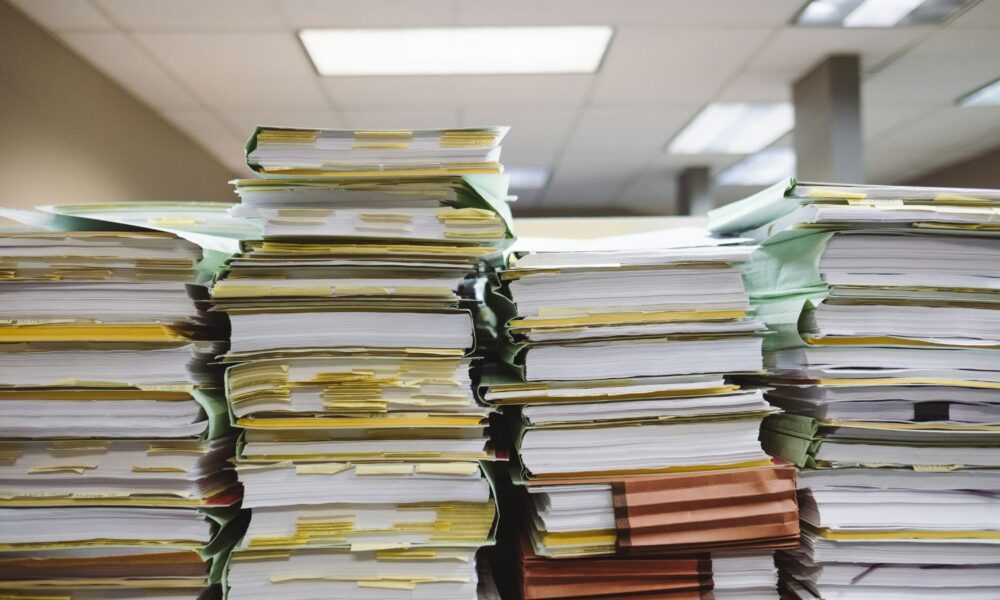In an era defined by climate disruption, widening inequality, and political volatility, the role of scientific data in informing public health and environmental policy has never been more critical. Independent, reliable, and verifiable datasets are essential for answering pressing questions such as: Which communities are most vulnerable to flooding or extreme heat? How effective are environmental remediation efforts near industrial sites? What electric grid resilience strategies minimize major power disruptions?
Beyond identifying problems, data guide the allocation of public resources. For example, identifying the places and people most affected by extreme weather allows emergency responders to pre-position resources efficiently. Assessing the cost-effectiveness of cleanup programs ensures that communities facing the greatest pollution burdens receive necessary support. Long-term regional planning for energy transmission infrastructure enables regulators to establish cost allocation agreements that support access to affordable power for households and businesses.
Safeguarding data in times of uncertainty
Recent threats to scientific data—such as those observed during the early months of the second Trump administration—have galvanized a diverse coalition of researchers, technologists, and advocates. Their efforts aim not only to preserve datasets but to expand the scope of inquiry and public accountability. Initiatives like the Internet Archive’s Wayback Machine have proven invaluable, offering access to resources such as the Fifth National Climate Assessment (NCA5), even when official sites become less navigable or eliminated entirely.
The central challenge today is not merely data preservation, but ensuring data integrity, accessibility, and impact—especially during periods of political or institutional instability.
Bridging academia and practice
Academic researchers and community practitioners often share common goals but differ in approach. Scholars emphasize methodological rigor and theoretical frameworks; practitioners prioritize lived experience and actionable outcomes. These differences sometimes lead to misalignment—but when coordinated, they form a powerful alliance. Academia contributes analytical depth and infrastructure, while practitioners offer contextual insight and community trust.
The Environmental Data and Governance Initiative (EDGI) exemplifies this synergy. Formed in response to federal data threats, EDGI brings together academics, technologists, and activists to archive vulnerable datasets and monitor environmental agency websites. Their work not only safeguards public information but fosters new communities of practice and tools for civic engagement. Their success hinges not on shared credentials, but on shared values.
Building resilient data ecosystems
Preserving data requires more than digital storage—it demands ethical stewardship so that the data remain trustworthy and useful. Resilient data systems must be decentralized, redundant, and resistant to both political interference and technical obsolescence. Academic institutions can serve as long-term data repositories, but must collaborate with communities to ensure that data are relevant for addressing pressing societal problems.
Ethical data governance also requires attention to privacy, consent, and cultural context. Academia must confront its legacy of extractive research and commit to equitable partnerships. Practitioners, particularly those in frontline communities, play a vital role in advocating for data sovereignty and ensuring that data reflect lived realities. Frameworks such as the CARE Principles for Indigenous Data Governance—Collective Benefit, Authority to Control, Responsibility, and Ethics—offer a robust approach for this work. These principles remind us that data are not neutral; data reflect power dynamics and can either reinforce or resist injustice.
Practitioners are often the first to notice data gaps or distortions. Their feedback is vital for ensuring that datasets reflect lived realities rather than abstract metrics. Participatory approaches such as community mapping and co-designed data tools can democratize knowledge and enhance legitimacy. These collaborations ensure that data serve real-world decision-makers and support timely, just interventions.
Facing adversity through collaboration
Challenges to data integrity—whether from budget cuts, censorship, technological decay, or natural disasters—require coordinated responses. In the face of adversity, siloed efforts are more vulnerable than collaborative networks that provide resilience through adaptation.
Strategies such as “data mutual aid” agreements, where institutions mirror and maintain each other’s datasets, build redundancy and solidarity. Training students and community members in data literacy cultivates a distributed, resilient workforce capable of defending and deploying data when needed.
Legal advocacy also plays a role. Academics can support practitioners by offering expert testimony, publishing policy-relevant research, and challenging data suppression. Practitioners, in turn, guide scholars toward urgent questions and practical applications. The Union of Concerned Scientists’ Science Hub for Climate Litigation is one example of how expert communities can meet growing demands for litigation-relevant climate data.
Ultimately, collaborations must evolve from transactional to transformative. Co-authored publications, joint workshops, and co-designed technologies signal a deeper commitment to shared purpose. Valuing community expertise alongside academic credentials is essential for preparing not just for adversity, but for an environment where future generations thrive.
Illuminating the path forward
Science succeeds when it serves society. By forging strong partnerships between scholars and practitioners, we can ensure that data remain a tool for truth and a bridge between knowledge and action that leads to a healthy environment for all.
Let us not merely preserve the past, but support collaborative, resilient data preservation efforts in order to illuminate the future.

